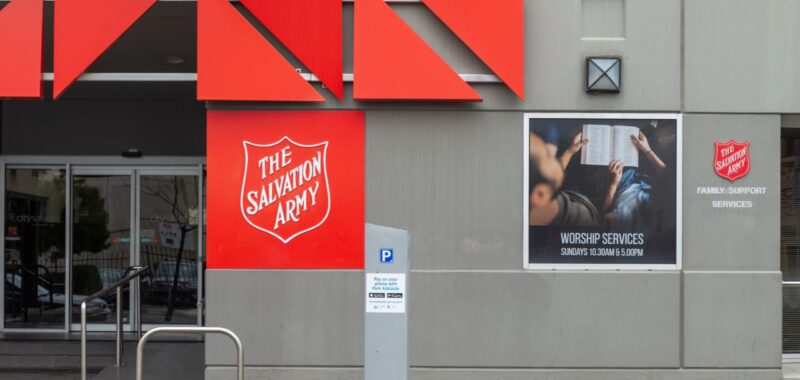There’s currently a surge in demand for properties backed by established charities like the Salvation Army and St Vincent De Paul.
These long-standing organisations, with over 140 years of history, are attracting investors on the back of their secure income streams and alignment with growing consumer trends including vintage shopping.
Melbourne-based Merion Properties recently sold a Vinnies store in Australind, WA, for $3 million at a 5.56 per cent yield through Burgess Rawson.
This sale follows transactions of a Supercheap Auto store and a Salvation Army property in the same development, totalling $9.78 million.
Burgess Rawson’s Shaun Venables said investors are starting to hone in on these types of properties.
“Charity-backed assets offer low overheads and high trustworthiness,” Mr Venables said.
“Investors are securing long-term, dependable returns while supporting brands with a century of community service.”
The Vinnies property, located in Antlia Way, features an eight-year lease with options and an annual income of $166,900. Its recent construction and depreciation benefits added to its attractiveness.
Mr Venables said that charity stores are evolving beyond traditional retail spaces.
“These stores are becoming thriving retail hubs, offering investors access to a proven asset class amid growing interest in vintage and collectable items,” he said.
Recent transactions in the sector include a Supercheap Auto store sold for $3.455 million at a 5.1 per cent yield and a Salvation Army store for $2.325 million at a 6.3 per cent yield.
Burgess Rawson data reveals that charity investments have an average sale price per square metre of $5,429, with an average yield of 5.58 per cent and a typical sale price of around $2.6 million.
Mr Venables said these sales reflect strong demand for well-leased, high-quality assets delivering reliable returns.
“Both local and interstate investors are keen to capitalise on these trusted, long-standing tenants, especially in high-growth areas,” he said.

